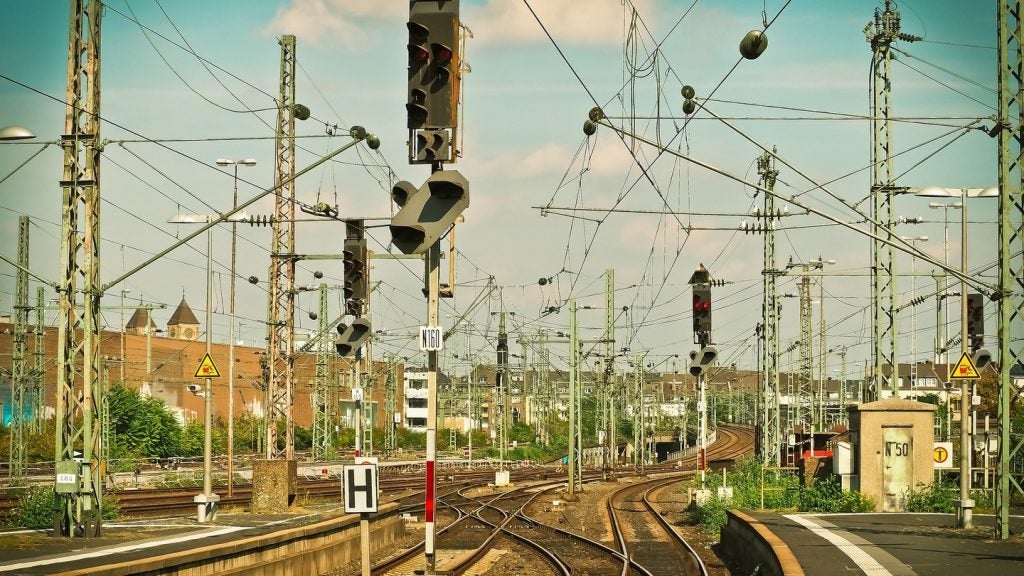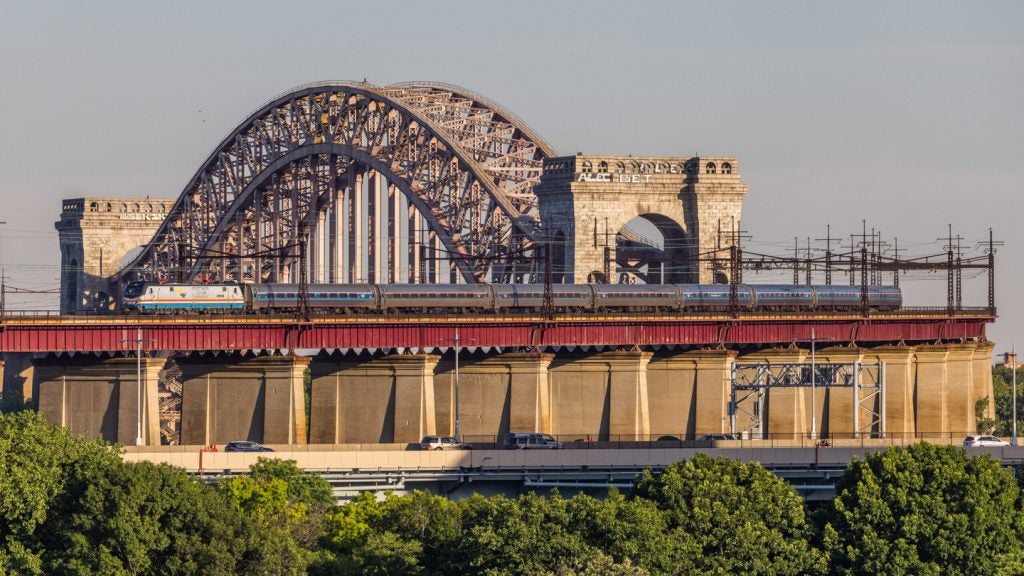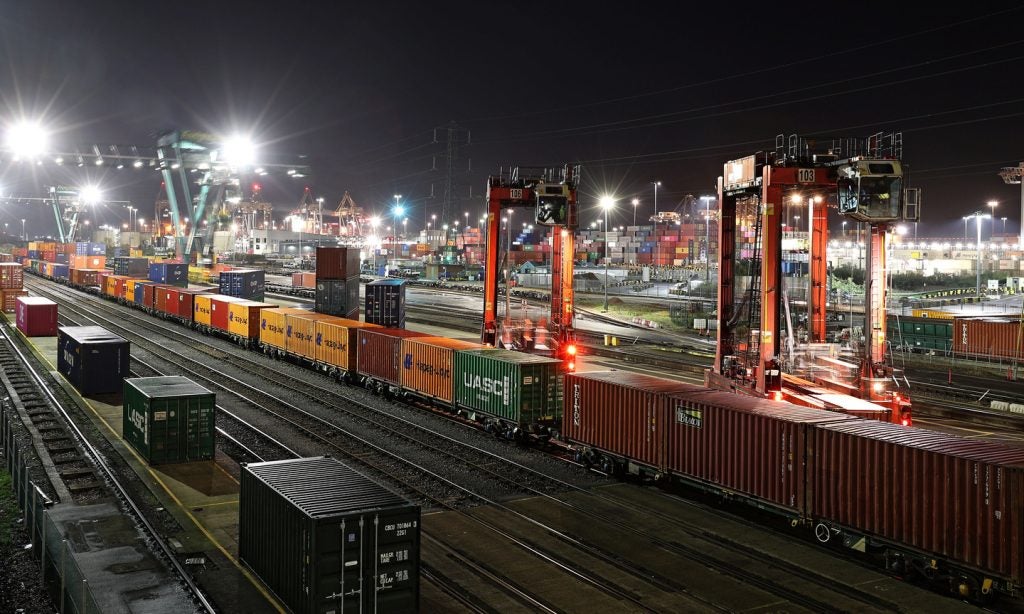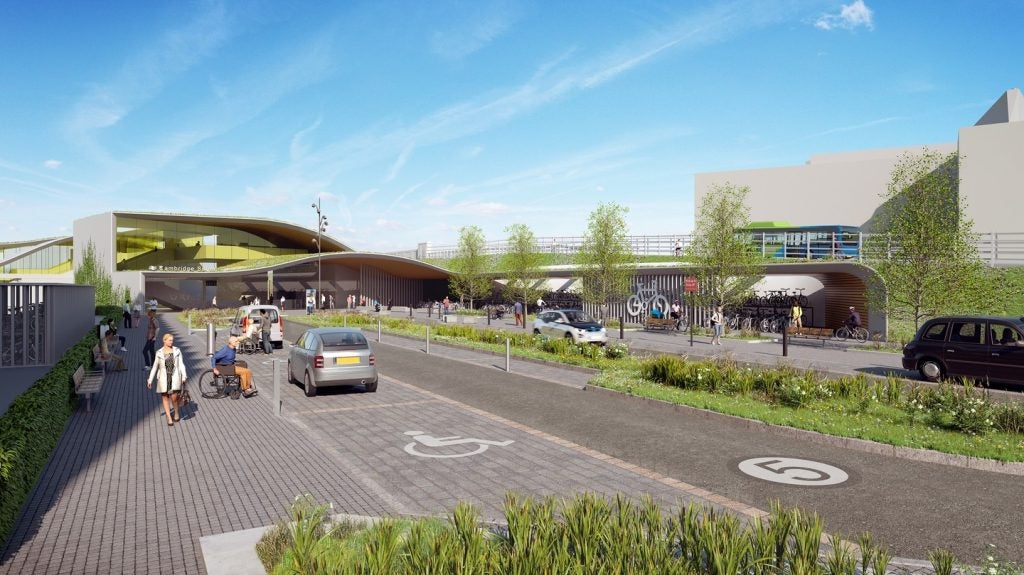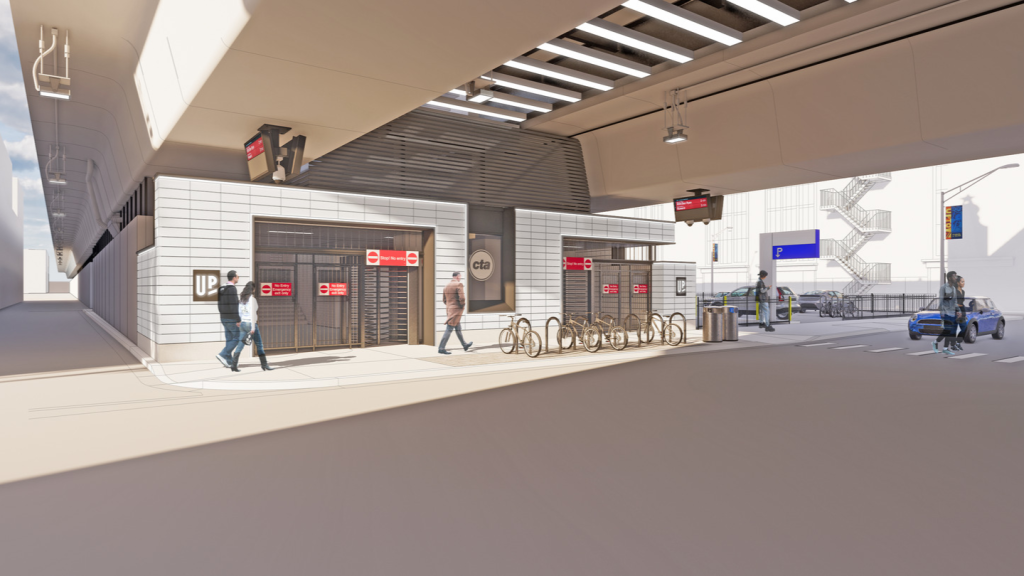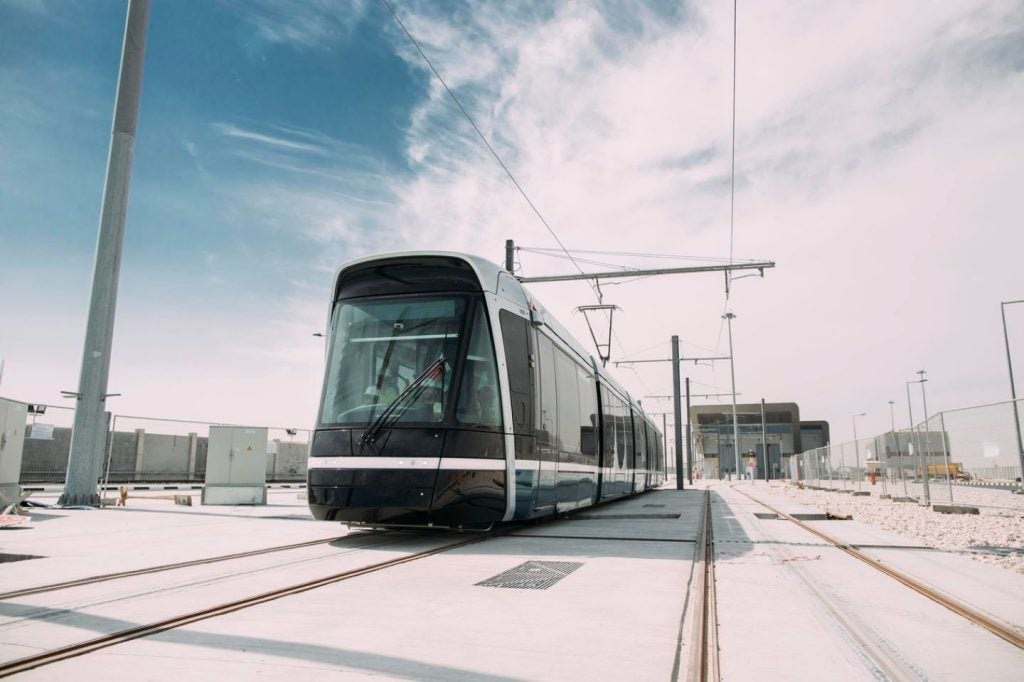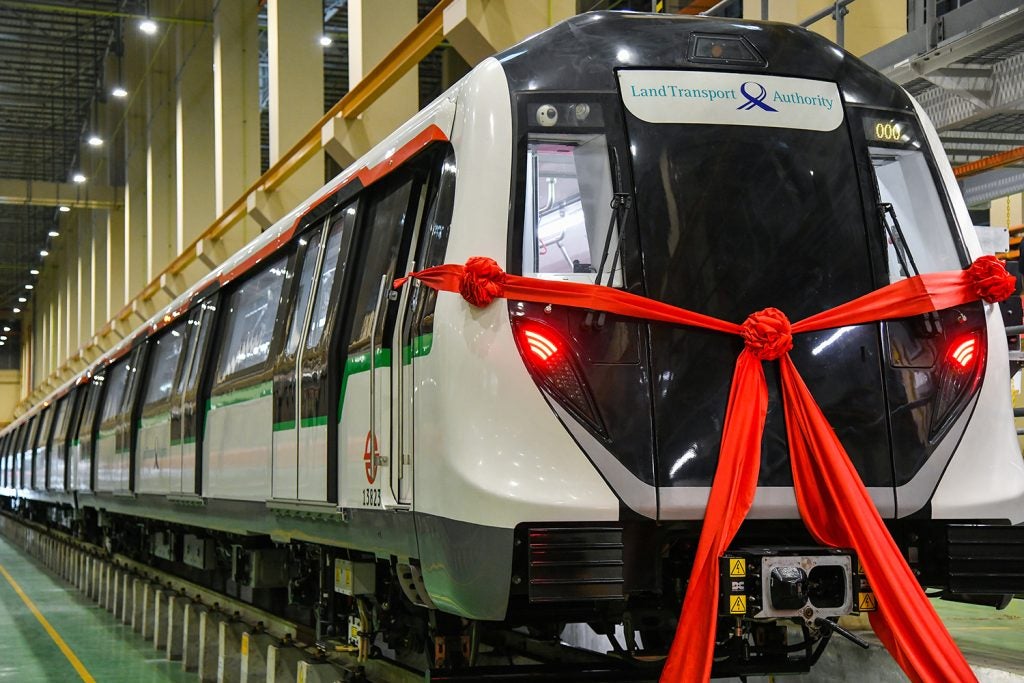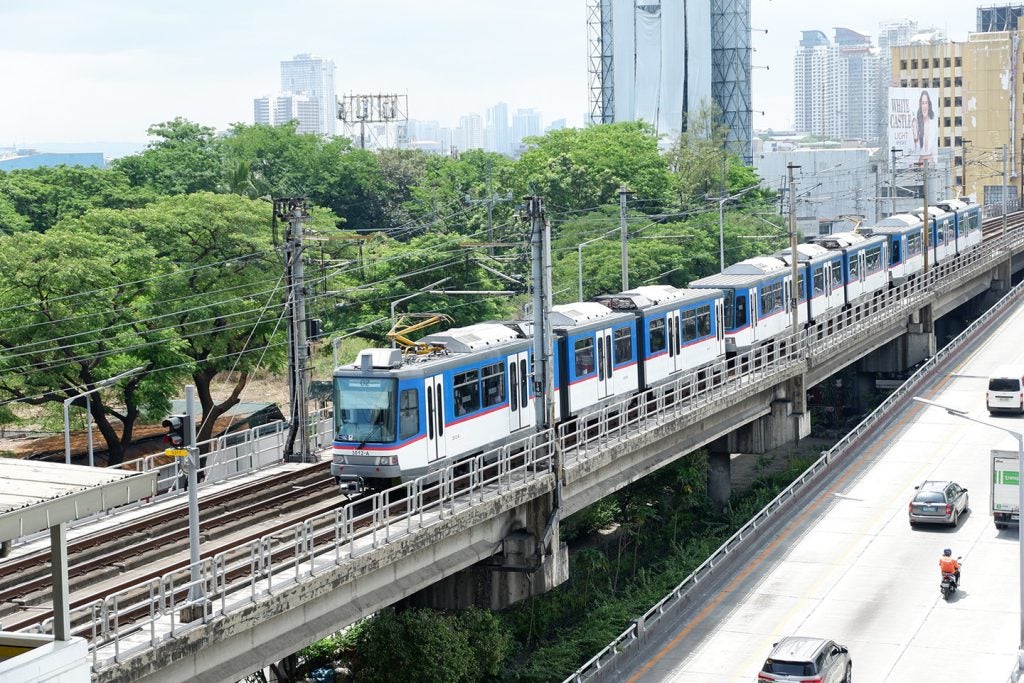An investigation by the UK’s Competition and Markets Authority (CMA) has found that the proposed merger of Hitachi and the Thales Ground Transportation business could result in reduced digital signalling options for the country’s rail network.
The CMA has said that the €1.7bn (£1.46bn) acquisition by Hitachi found that the two companies are currently “well placed to compete to deliver mainline signalling projects” in the UK.
This means that the merger could reduce the number of credible bidders for digital signalling projects for Network Rail and Transport for London, especially as the two businesses are “global leaders” in the market, according to the CMA.
As a result, the CMA says that remedies to the situation could range from the companies selling parts of their businesses ahead of closing the deal to the merger stopping altogether.
Stuart McIntosh, chair of the independent Inquiry Group on the issues, said healthy competition was essential to increase innovation and keep costs low.
He said: “We have provisionally found that should the merger go ahead, it would reduce the number of signalling suppliers in what is already a highly concentrated industry and the resulting loss of competition could leave transport networks and passengers worse off.”
McIntosh went on to add that the CMA will now put its findings to Hitachi and Thales to work on ways of ensuring the lack of options does not come to fruition.
Digital signalling technology works by providing in-cab information to drivers in real-time to allow them to act quicker in advance of upcoming problems on tracks. The tech can also allow signals to identify the types of trains operating on tracks and adapt its information to best suit their capabilities, such as breaking power and size.
Network Rail has been working on a number of projects to bring digital signalling to the UK’s railways, including the East Coast Digital Programme on the East Coast Main Line, which is currently in progress.
Hitachi has also made significant investments in digital signalling works in the UK. It recently announced a partnership with the Global Centre of Rail Excellence to work on advancing the technology.


